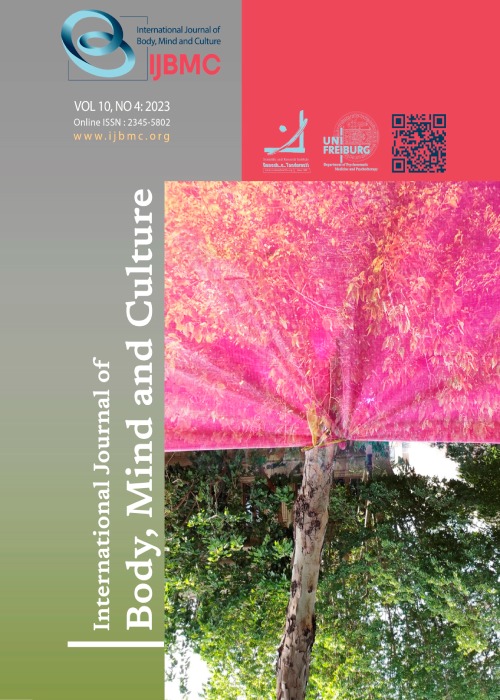Psychometric Properties of the Iranian and German Versions of the Posttraumatic Diagnostic Scale: A Cross-Cultural Study
Reliable and valid measurement tools with strong psychometric properties are crucial in the evaluation of individuals experiencing trauma-related distress in both clinical and research contexts. Thus, this study investigated the psychometric properties of the Posttraumatic Diagnostic Scale (PDS) in Iranian and German samples.
A cross-sectional collaboration was conducted between Isfahan University of Medical Sciences in Iran and Philipp University of Marburg in Germany. The study involved a total of 1196 participants, with 364 participants from Iran and 832 participants from Germany. The participants were selected from the general population as well as individuals with mood/anxiety disorders from 2017 until 2018. The questionnaires used in this study included the Demographic Checklist, Patient Health Questionnaire (PHQ; Kroenke, Spitzer, & Williams, 2002), Screening for Somatoform Disorders-7 (SOMS-7; Rief & Hiller, 2003), and PDS (Foa et al., 1997). Factor analysis, correlations calculation, and diagnostic analysis of the data were conducted using SPSS software and R (4.3.1).
Factor analysis of the PDS did not reveal a factor structure similar to previous research. Convergent validity was demonstrated by significant correlations between PDS scores and related measures. Diagnostic validity was established as the PDS effectively discriminated between individuals with mood/anxiety disorders and healthy participants. Sensitivity, specificity, and accuracy (all of them > 0.6 except for Iranian women = 0.39) revealed how accurately the test categorizes individuals in both populations. In the Iranian sample, AUC was around 70% accuracy in differentiation. The German sample's AUC of approximately 80% diagnostic capability between healthy and affected groups. The cutoff scores of men and women were 24 and 27 in the Iranian population, and 9 and 8 in the German population, respectively. Strong internal consistency coefficients (Cronbach's alpha > 0.91) were observed for both Persian and German versions of the PDS, confirming their reliability.
The study underscores the robust psychometric attributes of the Persian and German versions of the PDS, endorsing their reliability, validity, and diagnostic potential. Variations in factor structures across cultural groups emphasize the need for culturally-sensitive psychometric assessments. The PDS emerges as a valuable cross-cultural tool for diagnosing and assessing post-traumatic stress disorder (PTSD), with implications for clinical practice and research in diverse populations.
- حق عضویت دریافتی صرف حمایت از نشریات عضو و نگهداری، تکمیل و توسعه مگیران میشود.
- پرداخت حق اشتراک و دانلود مقالات اجازه بازنشر آن در سایر رسانههای چاپی و دیجیتال را به کاربر نمیدهد.


